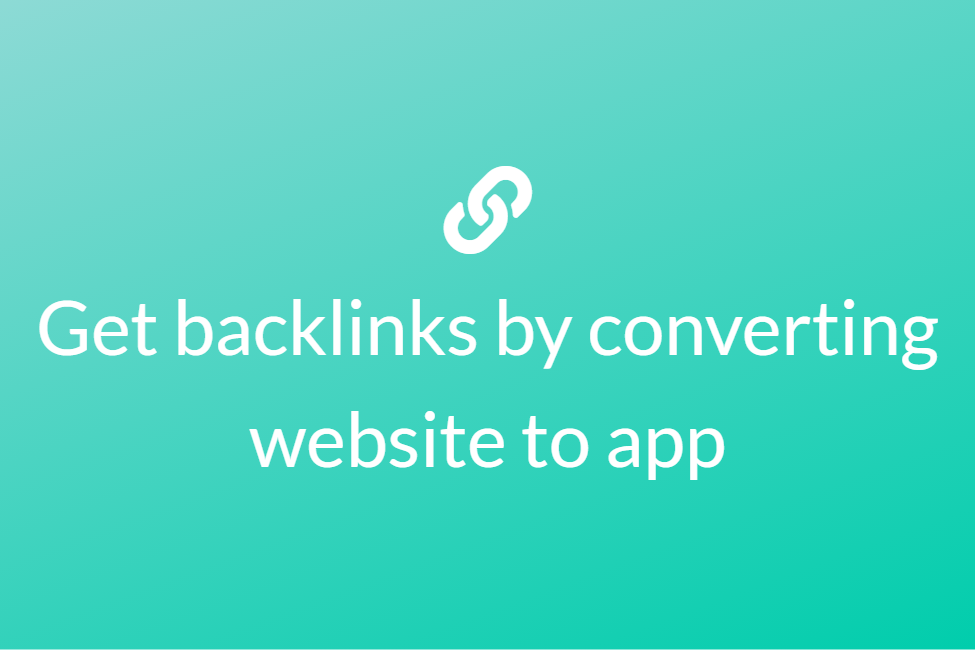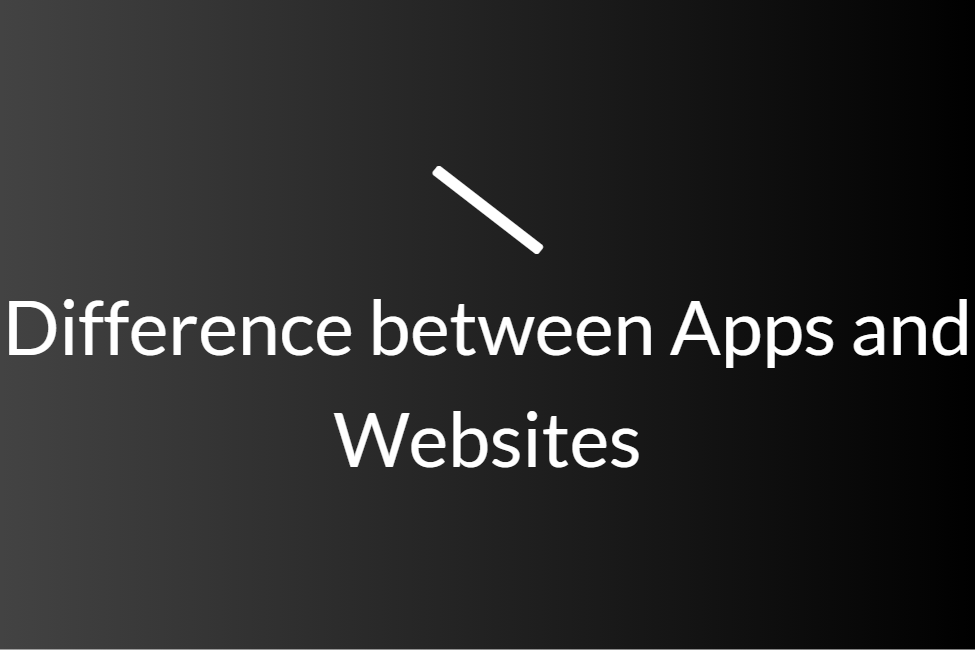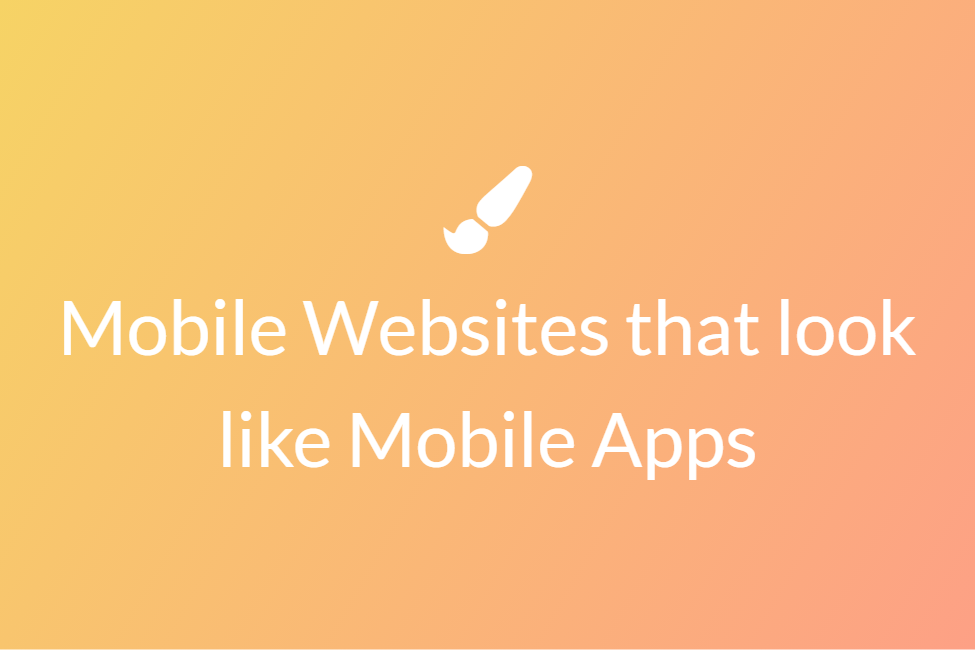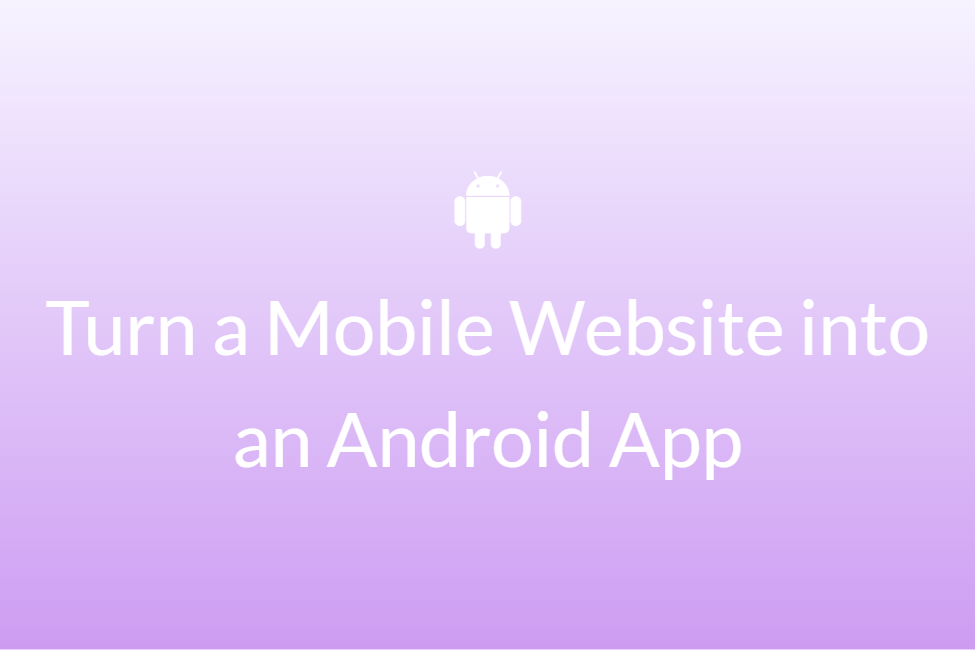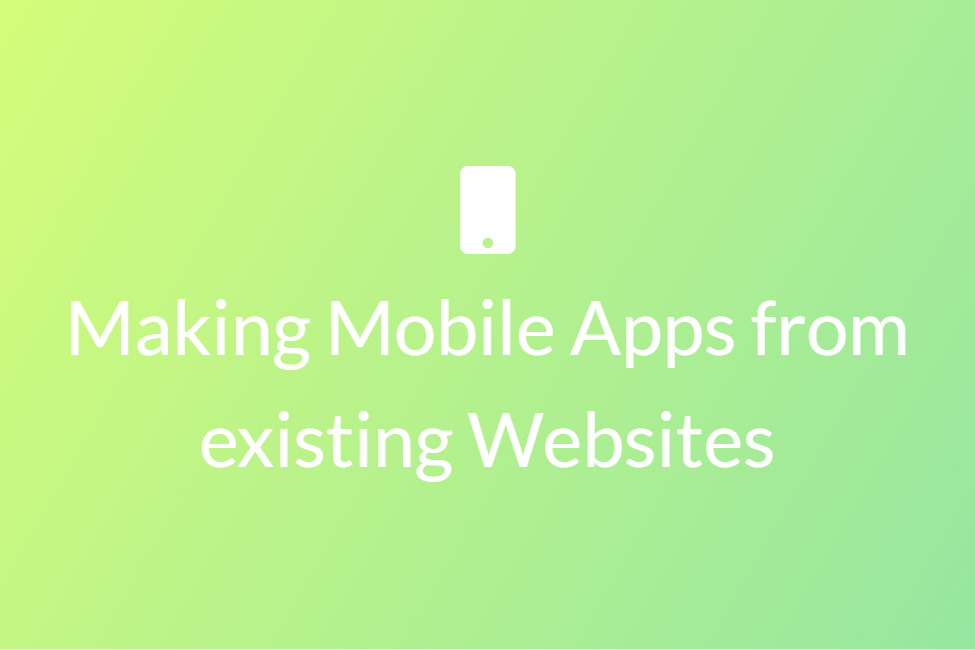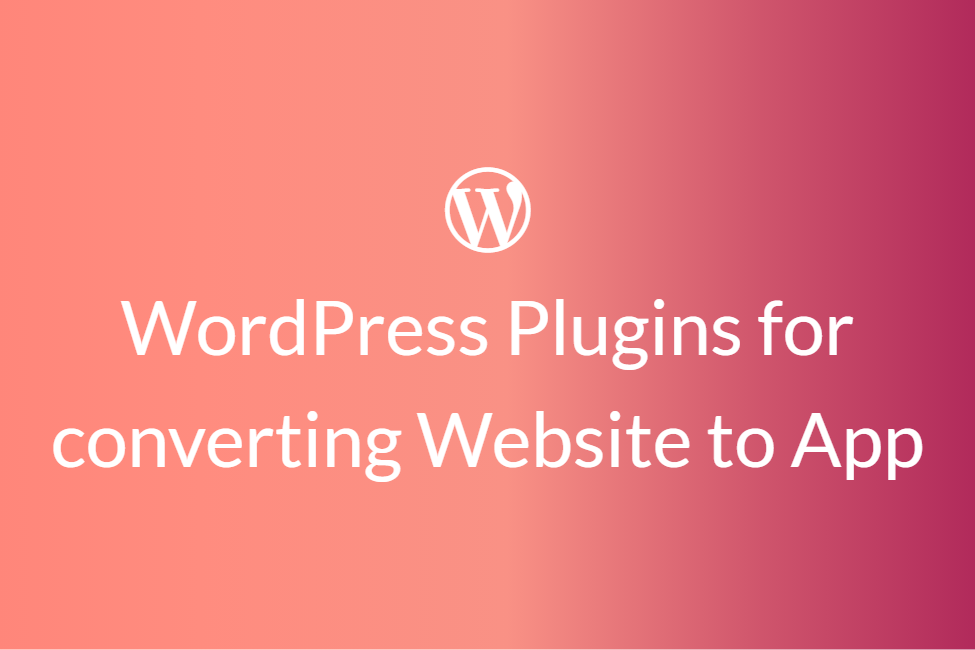Benefits of a Mobile App over a Website
First of all, congratulations! Your search for “Benefits of a mobile app over a website” has landed you in the perfect place. Here, we will be looking into details about the same and hopefully, by the end of this article, you will gain a thing or a two.
As the world is digitizing day by day, there’s no denying the fact that we are getting more and more engrossed in computers and technology. Barely a day passes when we do not use our mobile phones. Whether to send a message using a messaging app, play your favourite games or read your favourite blogs on a website, we use them every day.
Generally speaking, we as users mostly consume two types of content on our smartphones: mobile apps and mobile websites. While both of them have their own pros and cons according to the situation that best fits the needs, here we will be looking at some cases where a mobile app has benefits over a website. So let’s get started without further ado.
First things first, what is a mobile app?
A mobile app is a separate standalone program that is stored locally on the user’s phone. It is a program that is downloaded and installed onto a user’s mobile device. A mobile app generally uses the device’s hardware and software features and usually creates a better, more intuitive, and faster user experience.
The number of smartphone users worldwide has raised to a gigantic figure of 5.7 billion which becomes a great reason for businesses to focus on having an online presence running well on mobile devices.
Now that we have a definition, let’s look at some of the edge cases of mobile apps over a website.
Apps can work offline too
Some apps can completely work offline while certain features of some apps can work offline. For example, if you want to read your favourite novel offline, you can simply have it saved in an e-book reader app and access it anytime without an internet connection. Therefore, if your project can work without an internet connection, it is recommended that you go with a mobile app. This is because using a mobile app, you can store the data locally and then have it upload once a connection is established. Also, users cannot always rely on a steady network connection. For example, if the user is travelling, is in the basement or in a remote location, getting proper internet coverage has always been a trouble. On the other hand, a website of course requires an internet connection to access its contents and services. Therefore, if the main focus is offline usage, mobile apps surely have an edge case over websites.
Apps are faster than websites
Mobile apps are way faster than mobile websites. This is because the app is already installed on the user’s device and can make use of hardware acceleration and OS features. Mobile websites, on the other hand, download the data from servers making them lag behind. Therefore, if speed is a concern, go with mobile apps.
With mobile apps, data retrieval happens in a matter of seconds as they store data locally on your device. However, in the case of websites, they have to pull data from serves which is a long process and hence take time.
A well-designed mobile app can perform actions much quicker than a mobile website. Also, the fact that apps can store user’s preferences and use them to take proactive actions on users’ behalf further saves precious time.
As a matter of technical fact, websites tend to use JavaScript code for their backend. Apps work on a framework such as Java, Kotlin and Swift which are almost five times faster than JavaScript. Hence, apps are faster than their corresponding websites.
Apps can use the full potential of the mobile’s native features
Although thanks to advancements in technology, it’s now possible to use some of the hardware features in a mobile website, it is still mostly limited. However, an app can make complete use of the hardware and OS features since it is locally stored on the user’s device. Therefore, if your project idea tends to make use of the mobile’s native features or hardware features such as gyroscope, fingerprint sensor, camera and more, mobile apps have a clear edge in this case.

Picture Credits: RocketWagon
For example, consider that you are developing a fitness project. It will require the use of a lot of native features such as a gyroscope, accelerometer, various sensors and also GPS. All of these can easily be accessed using an app.
An added advantage is that the device’s features are seen to shorten the time taken by the users to start and perform an action. Also, apps can not only make use of the hardware features but also of the software features. They can interact with other installed apps enhancing overall productivity and giving flexibility to their users.
Apps offer better personalization and customization options
Apps can keep track of a lot of user’s activities. It can track the number of times the user opens the app, the times at which the user uses the app the most, the features that are used by the user on a daily basis and more. Based on these data, an app can offer a lot of personalization adapting to the needs of the user. Not only is this personalization well appreciated by the user, but it also saves time.

Picture Credits: NextPit
For example, consider a cab booking app. If the app notices that you book a cab at around 07:00 pm from your workplace to your home, after a few rides, it will start suggesting you book one within just one tap. This extent of personalization can only be offered via apps.
However, improving user experience is not the only purpose that personalization serves. It can also help improve the conversion rate of apps. When users are pampered with personalized content, they have a higher chance of converting as it offers a human touch as opposed to generic content which comes across as rather robotic or automated.
Apps are capable of sending push notifications
What are push notifications?
Push notifications are notifications displayed like other messages on the phone and, by clicking on them, the user automatically opens the desired page within the application.
Push notifications help you to release exciting offers, important information, and other content to keep your audience engaged. Push notifications are received in the notification tray of smartphones regardless of whether the user opens the app or not. Such notifications are effective when they are personalized and sent on right time. For example, if you know that a particular user visits your app in the evening then sending a notification at that time can increase the conversion rate significantly. Thus push notifications can really be helpful in the growth of the project.

Picture Credits: UX Planet
Although nowadays even some web browser support web-based pushed notification for websites, its functionality is still in the early stages of development and therefore is limited. Hence mobile apps have a slight edge over websites in this case.
Apps are capable of performing complex calculations
As compared to websites, apps are more capable of performing complex calculations and modelling. This is because of two reasons: Apps have plenty of resources to use and apps are faster because of their framework and coding. Also, not only do apps are more capable of performing complex calculations, they even make those complex contents and pages easier to access and understand via a smooth flowing user interface.
To support this statement, compare these two Google Analytics experiences. The first one is when you use a mobile website to view all those complicated reports. The second is when you have a native iPhone app with an optimized user interface to display all the data.

Clearly, it looks much more organized and easier to access on the app as compared to the website. Therefore, if you are thinking about using your phone for complex reporting, calculations, numbers, then you should know that it will be almost impossible to use these tools without a dedicated app.
Apps offer higher interactivity and freedom in designing
While both apps and websites can be designed and tweaked in various dimensions according to the developer’s preference, a website still needs to rely on the web browsers navigation system such as the back button, refresh button and more in order to work. However, an app can stand alone on its own. It can even make use of gestures and other features. Apps can thus be designed with a lot of elaborate functions, based on advanced gestures like ‘tap,’ ‘swipe,’ ‘drag,’ ‘pinch,’ ‘hold,’ and more.
Also, apps are much more interactive than a website. Games like Battle Royale and higher graphics games work better on apps because of the higher interactivity and hardware acceleration.
All in all, these were some of the factors where mobile apps have an edge over websites. We hope that this blog helped you in some way or the other.

